How does this photo make you feel?

Photo by Pezibear via Pixabay
Would you say it gives you a sense of ukiyo?
Whoa … what was that?
You know, ukiyo: living in the moment, detached from the bothers of life?
That’s the vibe in a nutshell, right?
Thank Japan for summing up something like “contentment mixed with whimsical nostalgia and feelings of freedom” into one perfect gem.
You probably see these sorts of one-word wonders on Pinterest all the time—obscure terms from other languages that describe feelings we Americans simply haven’t invented words to convey.
Pinning these pretties is easy as pie, but can you actually incorporate them into daily use?
Nope, me neither. But wouldn’t you like to?
How lovely would it be to describe our feelings with such concision?
Rambling not required.
Inspired, I set out to broaden our linguistic horizons a bit, to deepen our pool of descriptive vocabulary. I pulled together a little 5-word dictionary (complete with pronunciations) of words that eloquently evoke emotion.
Your challenge, should you choose to accept it, is to try to use one of these words in casual conversation each day for a week. And, of course, leave a comment to tell me how you managed to squeeze ‘em in.
Ready, set …
Go!
- Laotong (lao-dong), from China:
A friendship that bonds two girls together for eternity as kindred sisters.
As in: “Sally and I agreed that our serendipitous meeting on MaryJane’s Farmgirl Connection was the beginning of our laotong.”
- Gigil (GEE-gil), from the Philippines:
The overwhelming urge to pinch or squeeze something cute.
As in: “I was overcome with gigil at the site of the baby’s smiling cheeks.”
- Mudita (moo-DEE-tah), from India:
Sympathetic or unselfish joy; delight in the good fortune of others.
As in: “We all shared a deep feeling of mudita when Mom announced that she’d won a trip to a yoga retreat in India because she has always wanted to go there.”
- Voorpret (foor-bdet), from the Netherlands:
The sense of joyous anticipation felt before an event actually takes place.
As in: “As Daisy Jo prepared for the midsummer garden party, she could barely contain her voorpret.”
- Meraki (MER-a-kee), from Greece:
Soul, creativity, or love put into a project; the essence of yourself that is put into your work.
As in: “She loves to make jewelry with sea glass, and she crafts each piece with profound meraki.”















































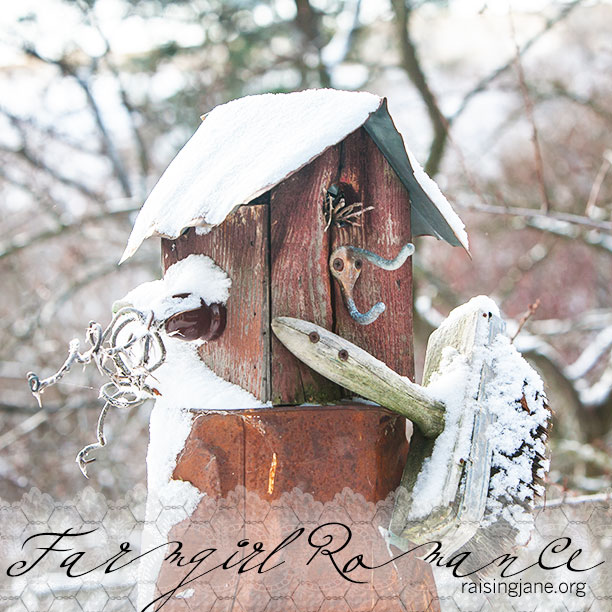
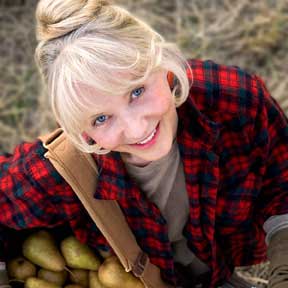
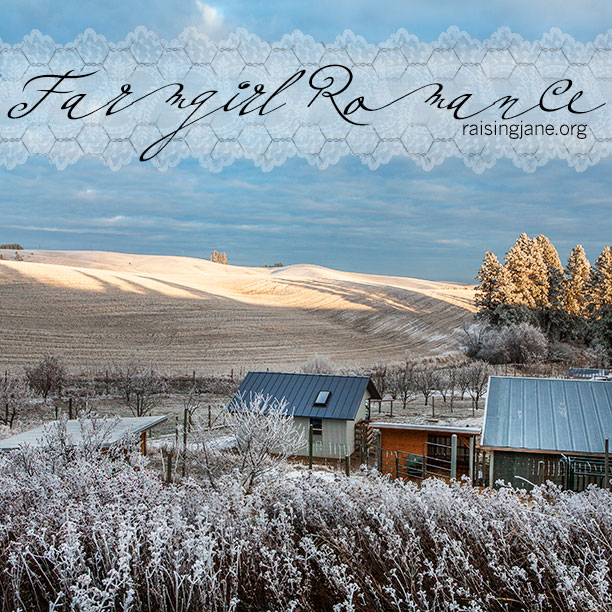



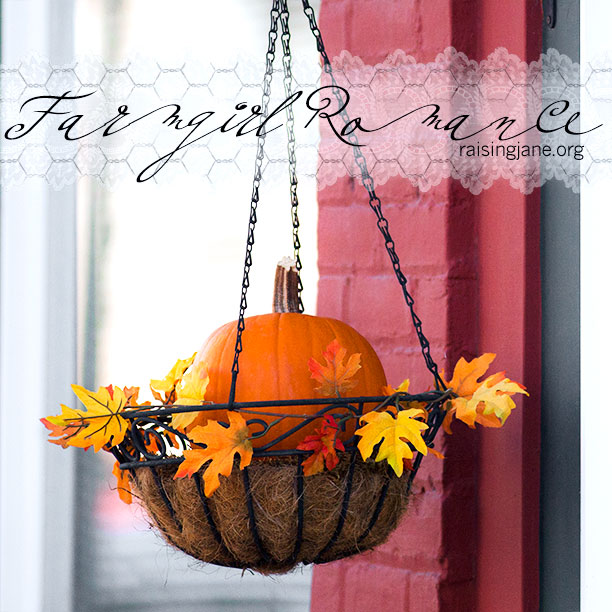

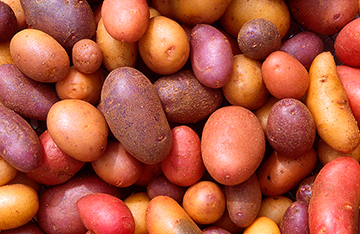



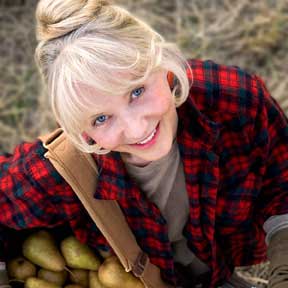
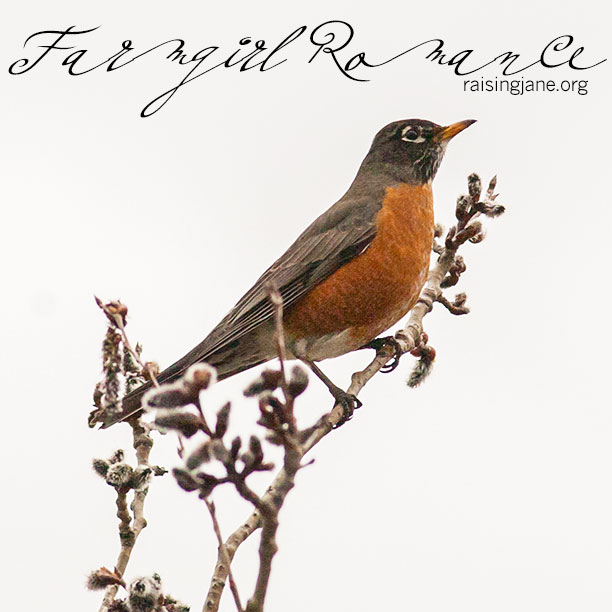

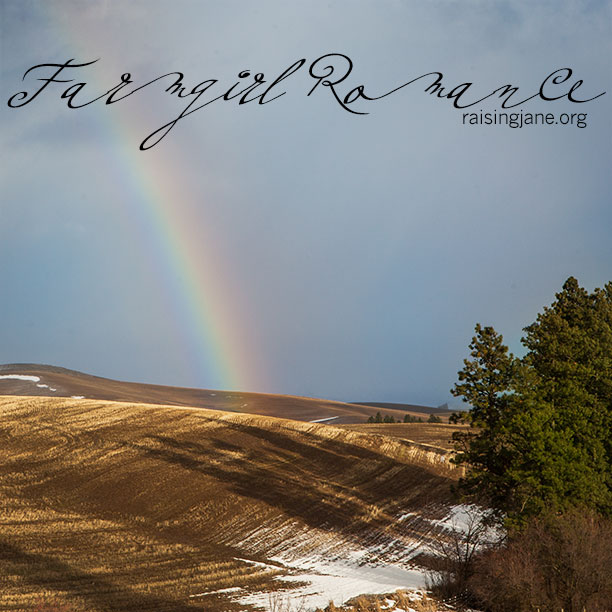










I remember doing this every Thanksgiving and Christmas when we would have turkey on the menu. Seems like I never remembered whether my wish came true or not.
What a Merry Thought! Alas, I made Tur-duck-en for the first time, so no merrythought due to the breasts of the turkey, duck and hen being de-boned prior to baking. The flavor, however, was well worth it and a unanimous vote by family for Tur-duck-en being a Christmas tradition! And we have now improved our Christmas vocabulary thanks to you!
The expression “I have a bone to pick with you” comes to mind.
I save all my wishbones from all fowl for making wishes. The local Amish here use wishbones in their crafts when they crochet a little present , usually as a birthday gift or sometimes for weddings. It is considered good luck.
But I never heard of a ” merrythought” although it is the name of a British toy company from the turn of the century( I think they are still in business now.)
This brings back fond memories of my childhood! Any time we had fried chicken (and my mom’s was the best!), my mom kept the wishbone intact to cook and we took turns getting the “wishbone” to eat. Then we would pull the wishbone. However, so that noone was disappointed at not getting a wish – the child with the long end got a “big” wish and the child with the short end got a “little” wish! Good memories!